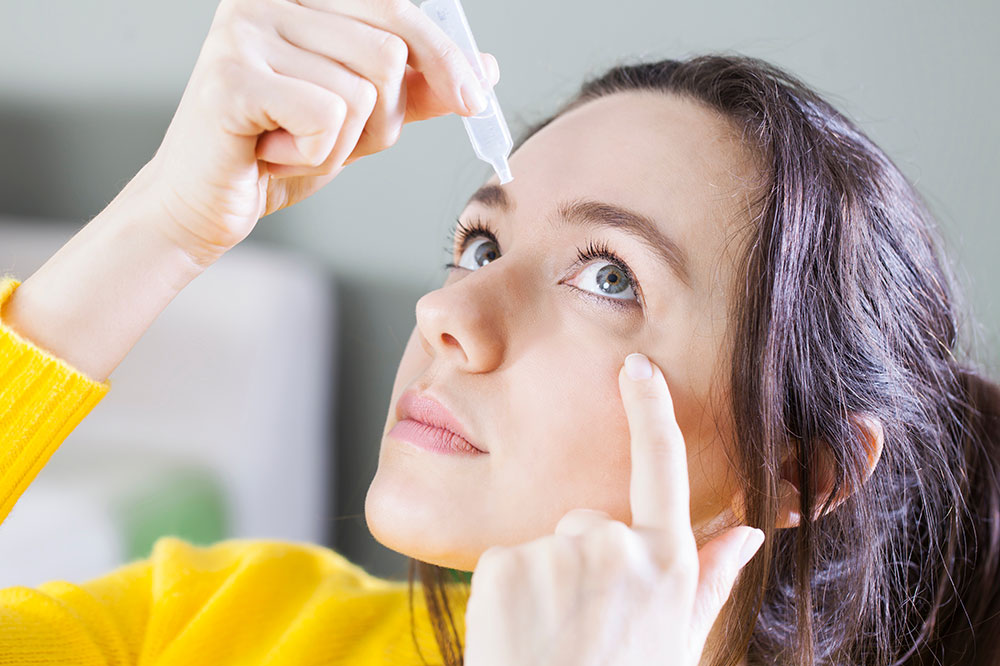
A Handy Guide on Risk Factors and Prevention of Dry Eyes
When tear ducts don’t produce enough quality natural lubrication to keep the eyes healthy, it can result in dry eyes. People with dry eyes generally experience persistent irritation followed by redness, stinging sensation, light sensitivity, and mucus formation. Even vision is affected without proper lubrication. It is imperative to understand the various risk factors, causes, and preventive measures associated with dry eyes. Here is a brief overview.
Risk factors
1. Age and sex
Dry eyes is a common problem among older men and women. This is mainly due to the reduced capacity of the tear ducts to produce the lubricant. Men and women above the age of 50 experience dry eyes more often in comparison to young adults and children. Also, women are more commonly diagnosed with these discomforts.
2. Lifestyle factors and habits
The mucin layer prevents the eyes from drying out by keeping them lubricated. But poor eating habits can affect the functioning of this layer. Lack of vitamin A and omega-3 fatty acids can aggravate symptoms. Further, tobacco vapor from smoking can irritate the eyes and cause the lubricant to evaporate. This is for people who are also exposed to secondhand smoke. Also, people living in an urban setting are exposed to daily pollutants and climate changes that have a grave impact on dry eyes.
3. Medical conditions and side effects
Dry eyes can also be a collateral symptom of certain chronic medical conditions like diabetes, arthritis, and malfunctioning thyroid glands. Dry eyes can also be triggered as a side effect of taking medications to manage other illnesses and health complications.
Preventing dry eyes
The following suggestions can help prevent dry eyes and reduce the discomfort it causes.
1. Protection from exposure
Wear a decent pair of sunglasses to protect the eyes from the weather on windy days. This will prevent the eyes from going completely dry. Use a humidifier to keep the air moist at home during the wintertime. Your eyes lose lubrication at an accelerated rate under cold temperatures.
2. Eye care
Place a warm compress over closed eyes to stimulate natural oil and lubricant production. Rinse thoroughly with baby shampoo to get rid of any dirt or debris. Don’t spend hours on end staring at the screen and take frequent breaks. Blinking also helps, as the eyelids cover and spread the natural lubricant over the eyeball when you blink. If you are using contact lenses, make sure you clean them thoroughly.
3. Use artificial tears
For severe cases of dry eyes, adding a few drops of artificial lubricant can also help prevent the condition from worsening over time.


